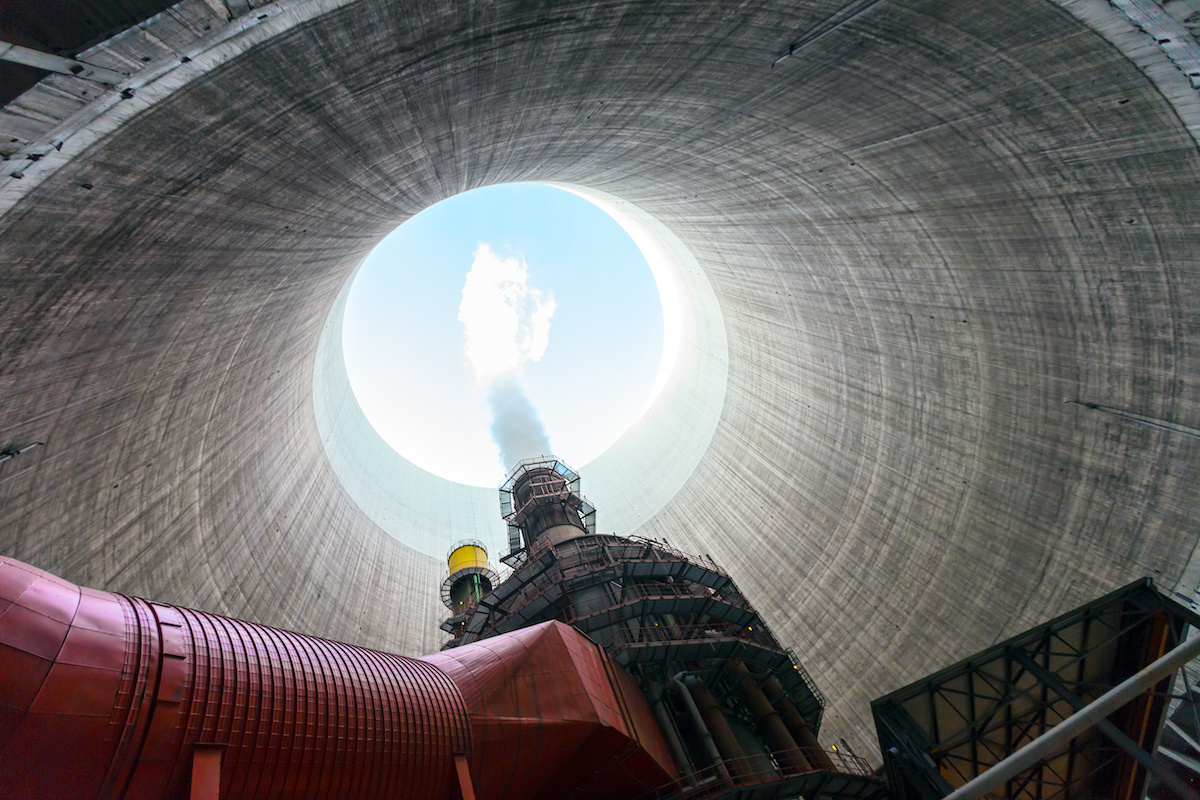Tech Trends
Hybrid working, robot fast food workers, and the rapid acceleration of NFTs are just the beginning.
A century ago, electric cars were common. The fact that they were almost entirely replaced due to the internal combustion engine is a testament to the glacial pace of battery breakthroughs.
Digital currencies are set to upend paper currencies, but it likely won’t be the decentralized utopia some hope it will be.
“Think defensively about how you can protect yourself from an almost inevitable attack, rather than assuming you’ll avoid harm.”
GPT-3, which features 175 billion parameters, just might fool you in a conversation.
The metaverse has the potential to be revolutionary, for both good and bad. Here is how we can maximize the former and prevent the latter.
Between fake vaccine passports and targeted supply chain attacks, things are only getting more risky.
Why does Seattle continue to be a place that nurtures the development of breakthrough technologies but not Minneapolis, Memphis, or Minsk?
On Nov. 15, 2021, U.S. officials announced that they had detected a dangerous new debris field in orbit near Earth. Later in the day, it was confirmed that Russia had […]
In his new book, “The Wires of War: Technology and the Global Struggle for Power,” Jacob Helberg outlines the brewing cyberwar between Western democracies and autocracies like China and Russia.
Science continues to amplify our view of reality.
It’s about 7.6 million times faster than what you probably have at home.
From textiles and transportation to chemicals and microchips, a group of researchers proposes a new way to measure the impact of innovation.
A report from MIT outlines a six-point plan to usher in a new age of nuclear power.
Wireless charging isn’t just for phones and laptops. It could also power medical devices like heart implants.
Airless tires are puncture-proof and more environmentally friendly. And Michelin is aiming to get them on your car by 2024.
If used improperly, the metaverse could be more divisive than social media and an insidious threat to society and even reality itself.
A marketing professional decided to think creatively and create a resume-bot. It helped him land 14 interviews and 11 job offers.
Augmented reality (AR) contact lenses will project the digital world into our retinas, perhaps helping us navigate the metaverse.
In his new book, “Forward: Notes on the Future of Our Democracy,” former Democratic presidential candidate Andrew Yang explores how media narratives can warp public perception of political candidates.
Technology has advanced at a blinding pace in the past 150 years. That won’t always happen.
William Shatner is going to space because Jeff Bezos loves Star Trek.
Start fighting back against planned obsolescence.
After the 2011 Fukushima disaster, it was Germany, not Japan, that cracked down most severely on nuclear power plants.
The trial will test whether adding graphene to recycled asphalt can prolong the road’s lifespan.
Real-time online learning is where our dated education system is heading.
If you’re looking for work, a new study says having fast internet helps.
Computer Space lacked a critical ingredient that the other games possessed: gravity.
The Chegg cheating scandal reveals a critical need to rethink the student experience in post-COVID education.





























